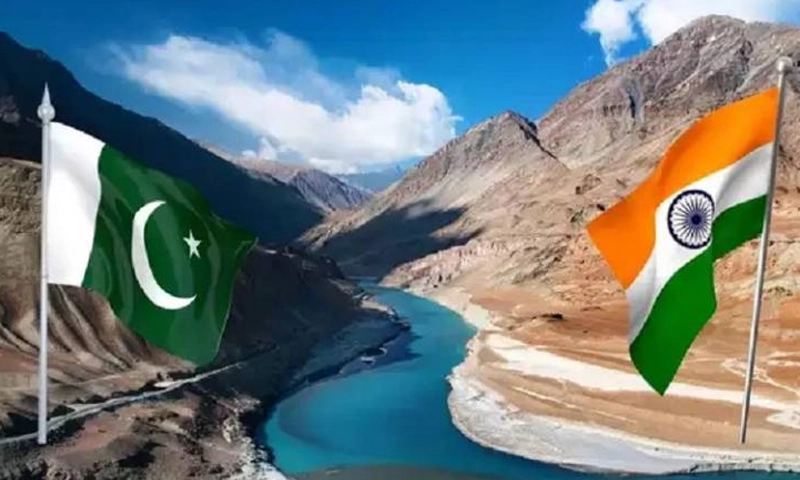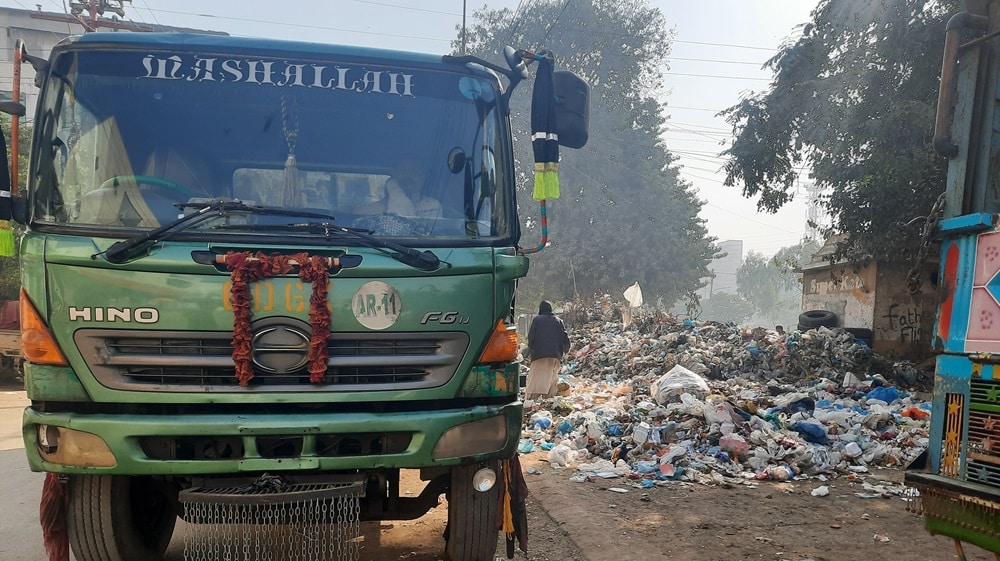
Global
Hague Court Orders India to Let Western Rivers Flow to Pakistan
The Permanent Court of Arbitration (PCA) in The Hague has issued a landmark award in Pakistan’s case against India under the 1960 Indus Waters Treaty, directing that India must allow the waters of the Western Rivers — Indus, Jhelum and Chenab — to flow for Pakistan’s unrestricted use.
The tribunal, constituted in 2022 after Pakistan invoked the treaty’s dispute resolution mechanism, clarified how the agreement applies to Indian hydro-electric projects on these rivers.
It ruled that run-of-river plants India may construct must strictly comply with treaty requirements, even if engineering “best practices” suggest otherwise.
The decision comes weeks after the court declared India’s move to suspend the treaty illegal.
Despite refusing to participate in the proceedings and challenging the court’s competence, India’s objections were unanimously rejected in July 2023 and reaffirmed in June 2025.
According to the PCA, India’s April 2025 declaration that it would hold the treaty “in abeyance” had no impact on the court’s authority.
The panel noted it had kept India informed, considered its past positions, and rigorously tested Pakistan’s claims.
The award provides binding interpretations of key treaty provisions, confirming that rulings of a court of arbitration are final and take precedence over decisions by other dispute bodies, while neutral expert determinations are binding only within their specific mandate.
Read More
Field Marshal meets US leadership, attends CENTCOM change of command
The court highlighted Pakistan’s downstream vulnerability and the treaty’s purpose of delimiting rights and obligations to prevent conflict, stressing cooperation and timely dispute resolution.
On project design elements, it ruled that:
- Low-level outlets should be avoided unless no other effective method exists for sediment control or technical needs, and if unavoidable, must be minimal in size and positioned as high as possible.
- Gated spillways should be avoided unless necessary for floods or sediment management, and if used, placed at the highest feasible level.
The burden of proving treaty compliance rests with India, and it must adjust project designs in response to Pakistan’s valid objections.
The ruling does not yet apply these interpretations to the Kishenganga and Ratle hydro projects cited by Pakistan; those issues remain before the court.
The five-member panel was chaired by US professor Sean D. Murphy, with members from Belgium, the US, Jordan and Australia.








